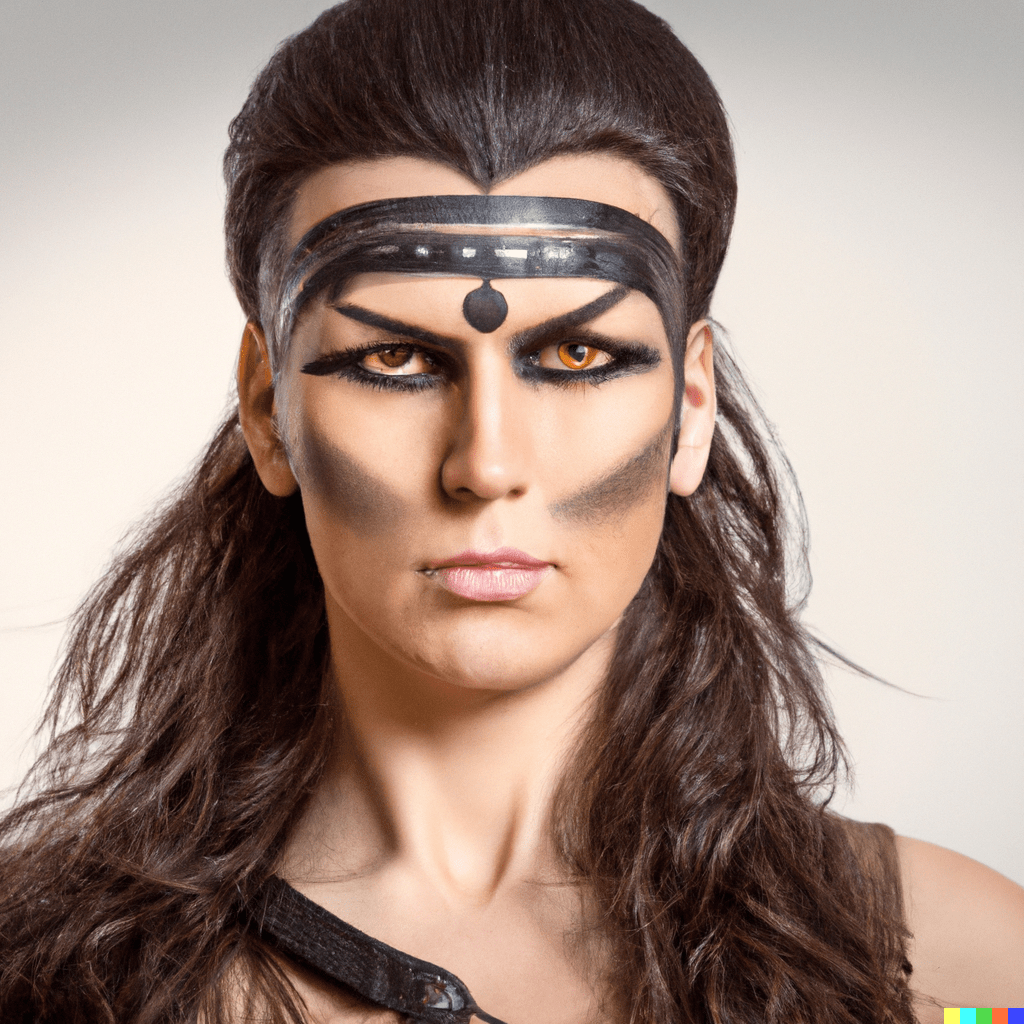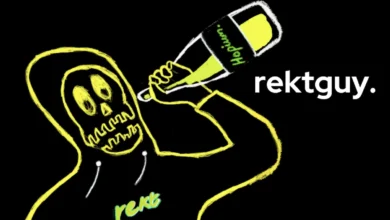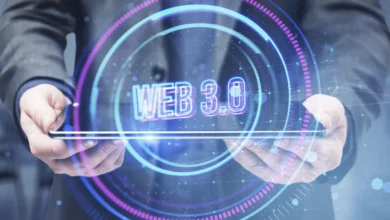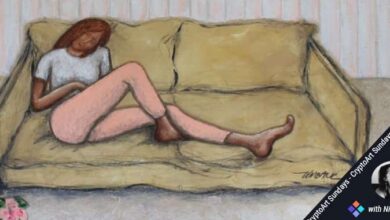Are NFT Projects Appropriating Cultures?

Since NFTs earned international reputation, there have been experiences of IP thefts and cultural appropriation; this piece will look into the realities of cultural appropriation within the age of NFTs.
Tradition is the brand new foreign money
Table of Contents [hide]
Few matters are extra delicate than tradition; once we speak about tradition within the sense of European colonialism and expansionism, it’s sure to hit a nerve. For too lengthy weak cultures throughout Africa, Asia, the Americas, and Oceania have been on the whim of world powers.
In arts and leisure, cultural appropriation was one of the vital used buzzwords within the 2010s. Cultural appropriation is when an individual or group from a tradition, ethnicity, race, or different figuring out parts earnings off completely different cultures with out truthful compensation, carrying members of the appropriated cultures alongside or acknowledgement.
Reside in a rustic the place you might be thought of a part of a “minority” group. You could perceive what it appears like when folks and organizations within the “majority” decide components of your tradition they suppose is cool and earn off it with out compensation or assist for the appropriated cultures.
Cultural appropriation continues to be an issue within the artwork world, and it appears to have made its method to the NFT area. In contrast to stolen IPs, there are few surefire methods for platforms to resolve what’s appropriated and what isn’t. There aren’t precedents for punishing individuals who promote NFTs which will have parts of different cultures generally.
NFT Cultural Appropriation: taonga Māori case research
As we speak, we’ll look into how latest NFT tasks could also be peddling false stereotypes about Maori folks in Oceania. Throughout European exploration, explorers seen Māori and associated tribes as savages, barbarians, and violent warriors through the early days. In additional methods than one, this falsehood unfold into widespread tradition, arts, and now NFTs.
Karaitiana Taiuru, an mental property cultural adviser, had the next to say regarding the appropriation of Maori tradition in NFTs. “I’m already seeing a lot of photographs of ancestors which can be from publications getting used and manipulated. There are faces on high of another person’s physique [and] moko from the face being added to different peoples’ faces. They’re inappropriate photographs, they usually’re degrading Māori tradition.”
Rawithiroa Bosch, a Māori photographer, was appalled by how the tradition was misappropriated on OpenSea when he tried to transform a few of his works to NFTs. “Actually folks getting Google photographs of a pou whakairo or a mere or a tewhatewha, placing it on OpenSea, and promoting it as an NFT. Somebody that’s ignorant to that may go, ‘oh, this can be a Māori factor, OK, I’ll purchase that.”
How can the neighborhood cease misappropriation of cultures?
The first downside with cultural appropriation isn’t the utilization of cultural parts with out permission; it’s the truth that many individuals use features of a tradition which can be unfaithful (with out figuring out higher), thereby spreading stereotypes that may be dangerous.
Some Māori NFT creators have floated the thought of getting some high quality assurance or authenticity stamp on Māori-related artworks and NFTs created by Māori folks.
Assist Us through our Sponsors





